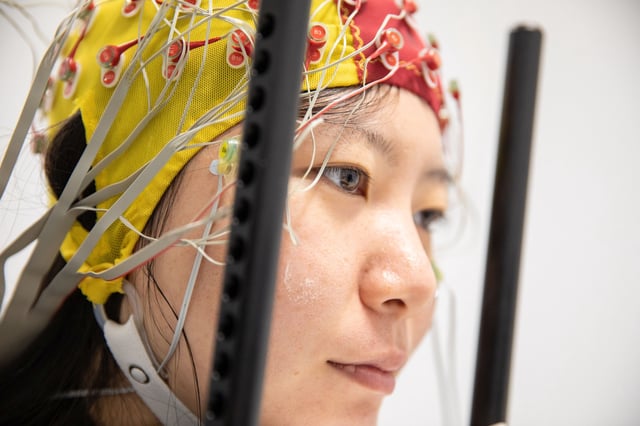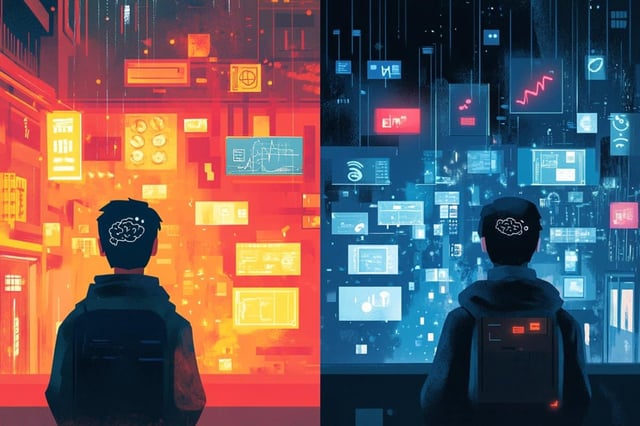Overview
- EEG studies from Leipzig University and Vrije Universiteit Amsterdam demonstrate that repeated exposure to distractions reduces early-stage neural processing of those stimuli.
- Participants showed improved target detection when distractions occurred in familiar locations, highlighting the brain's adaptability.
- The suppression of distractions occurs during the initial moments of visual processing, according to analysis of brain activity.
- Findings suggest that habitual suppression can extend to reduced processing of target stimuli in locations associated with frequent distractions.
- Researchers propose potential applications in designing user interfaces and traffic systems to enhance visual efficiency and safety.

